Customer Services
Copyright © 2025 Desertcart Holdings Limited
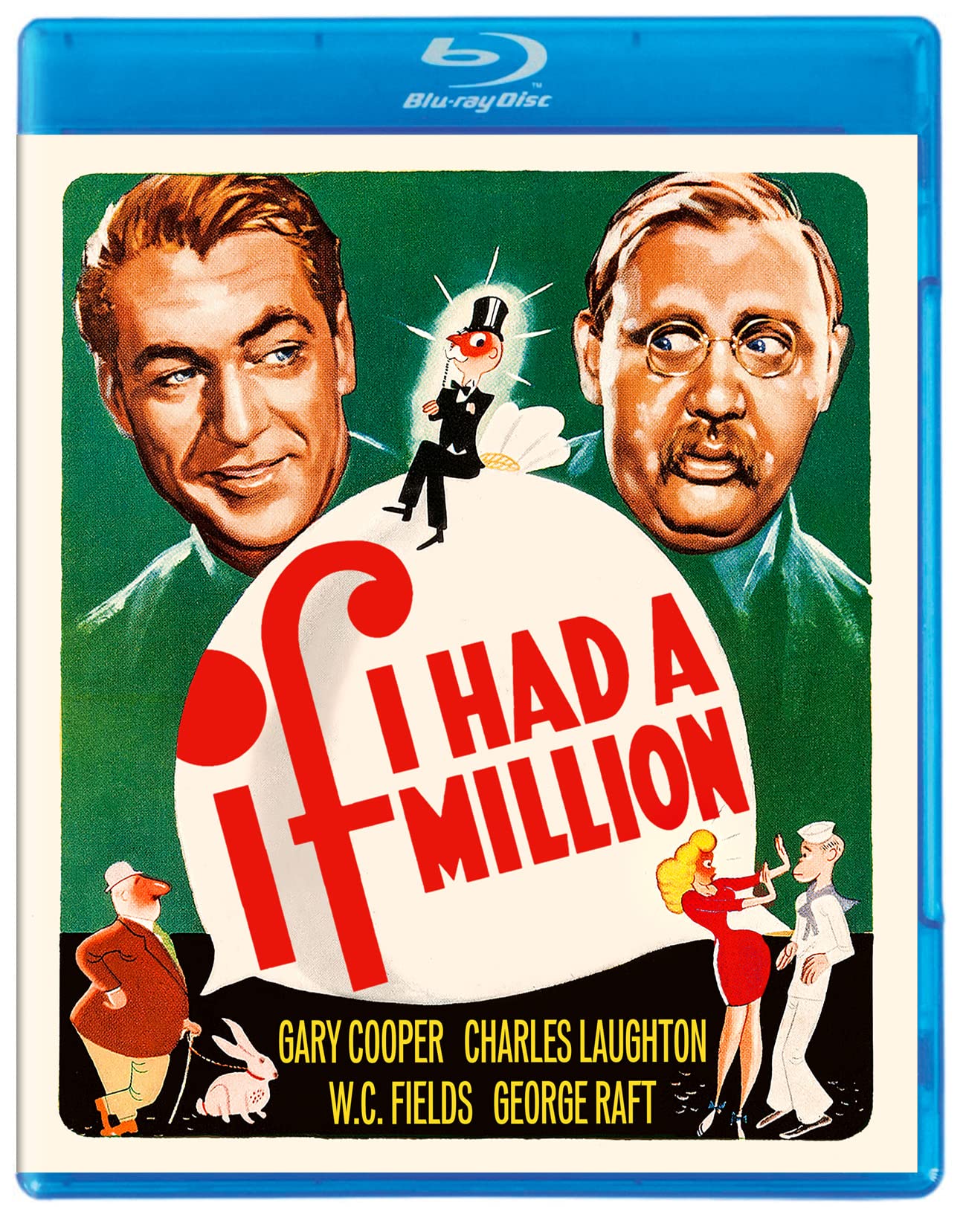

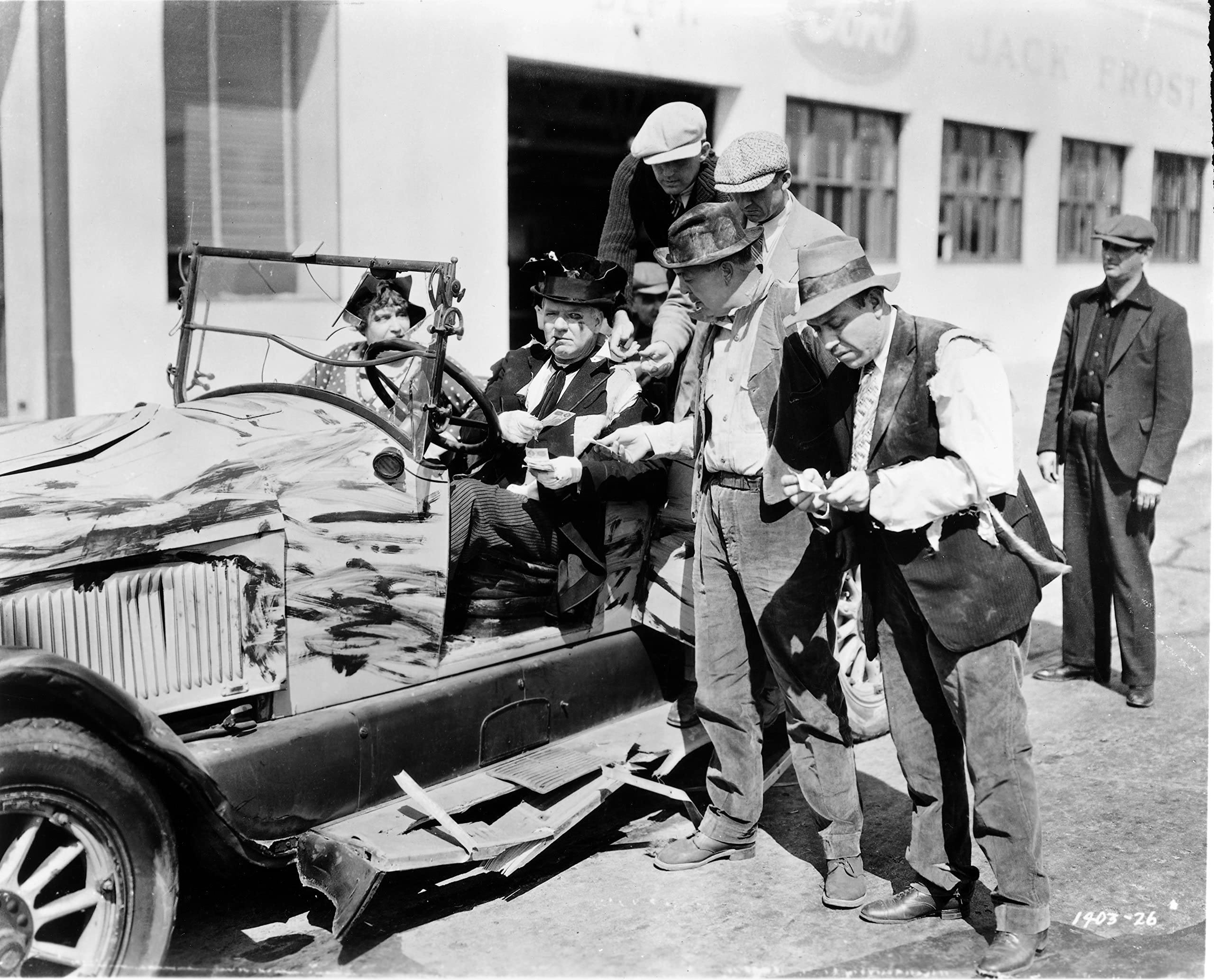
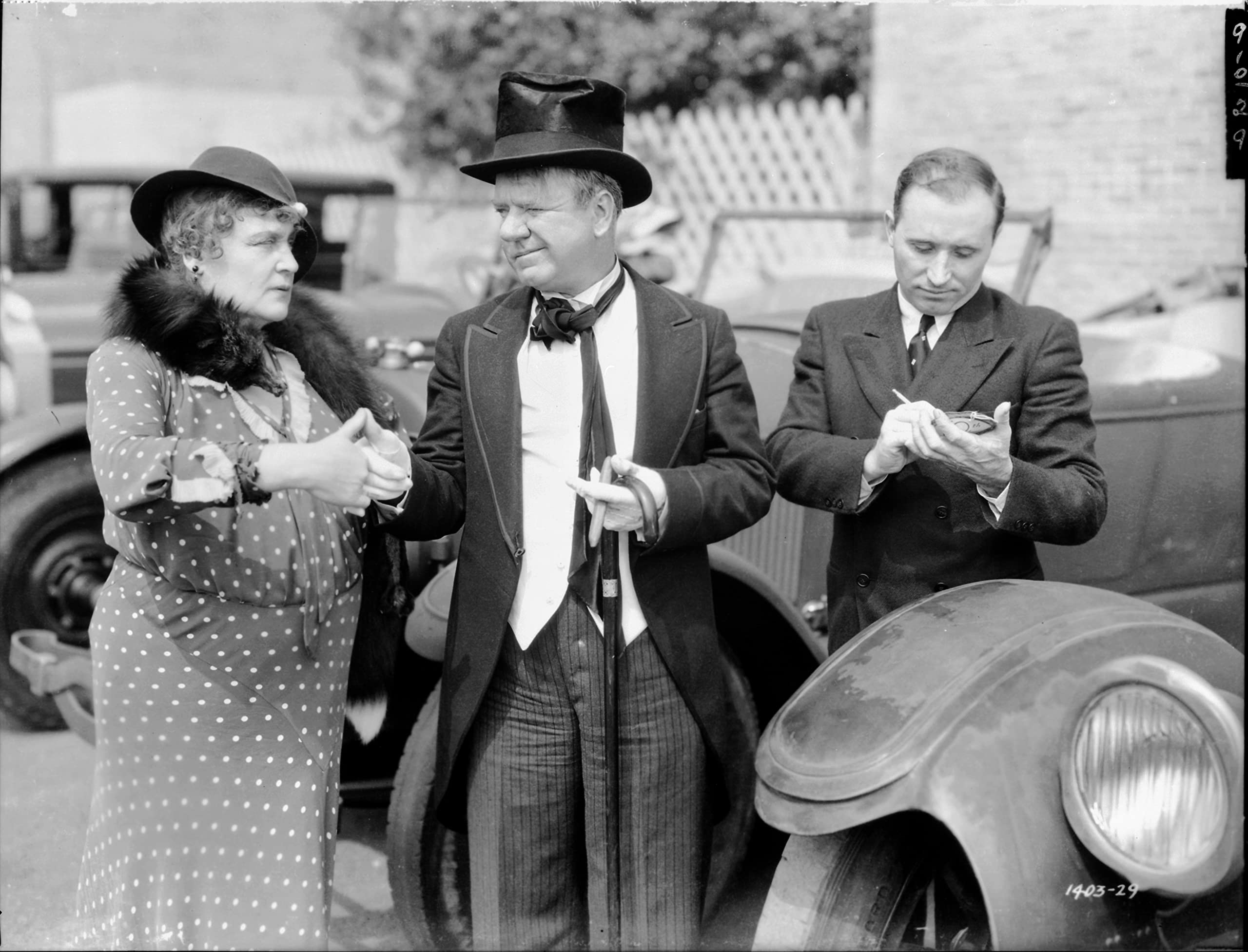
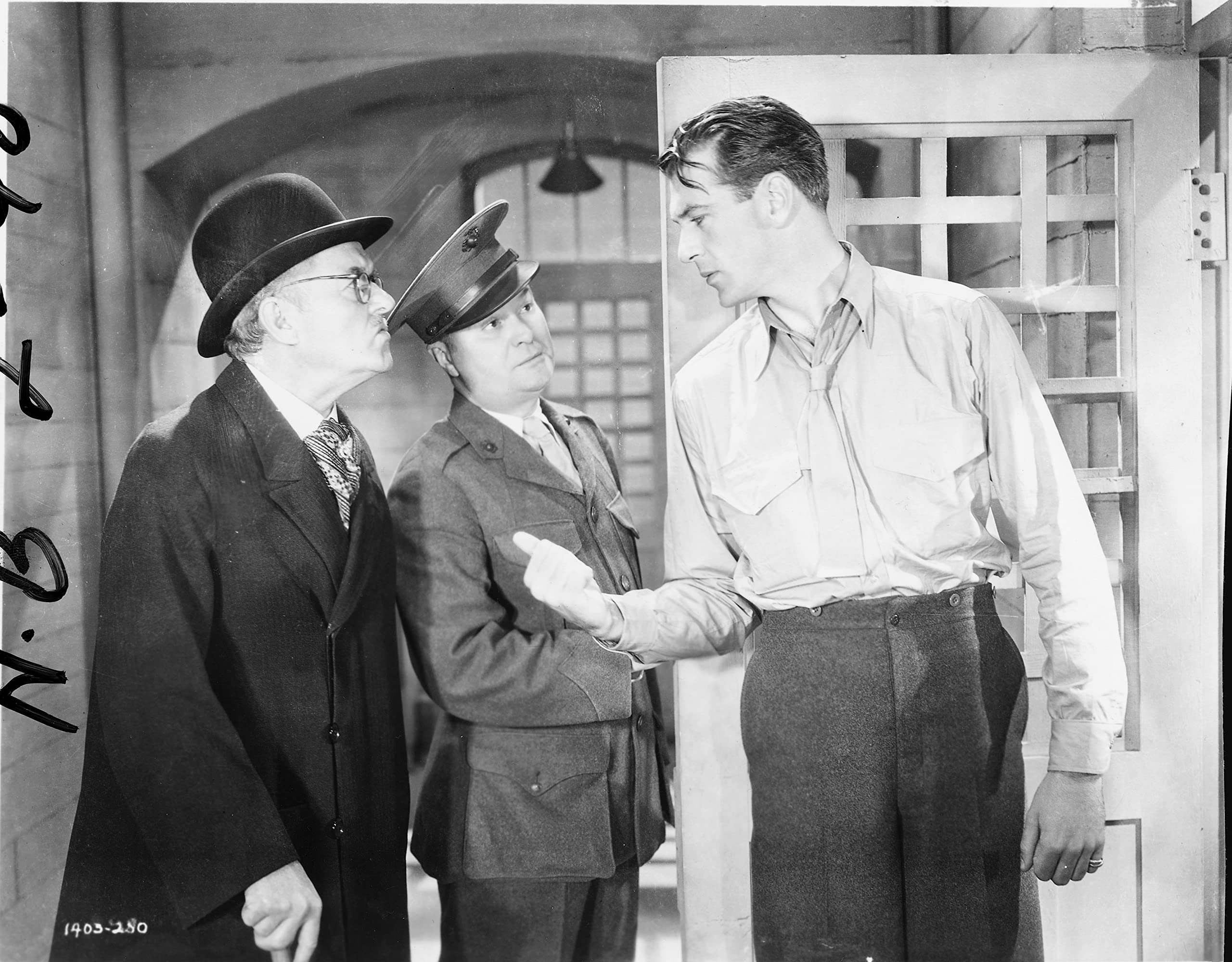
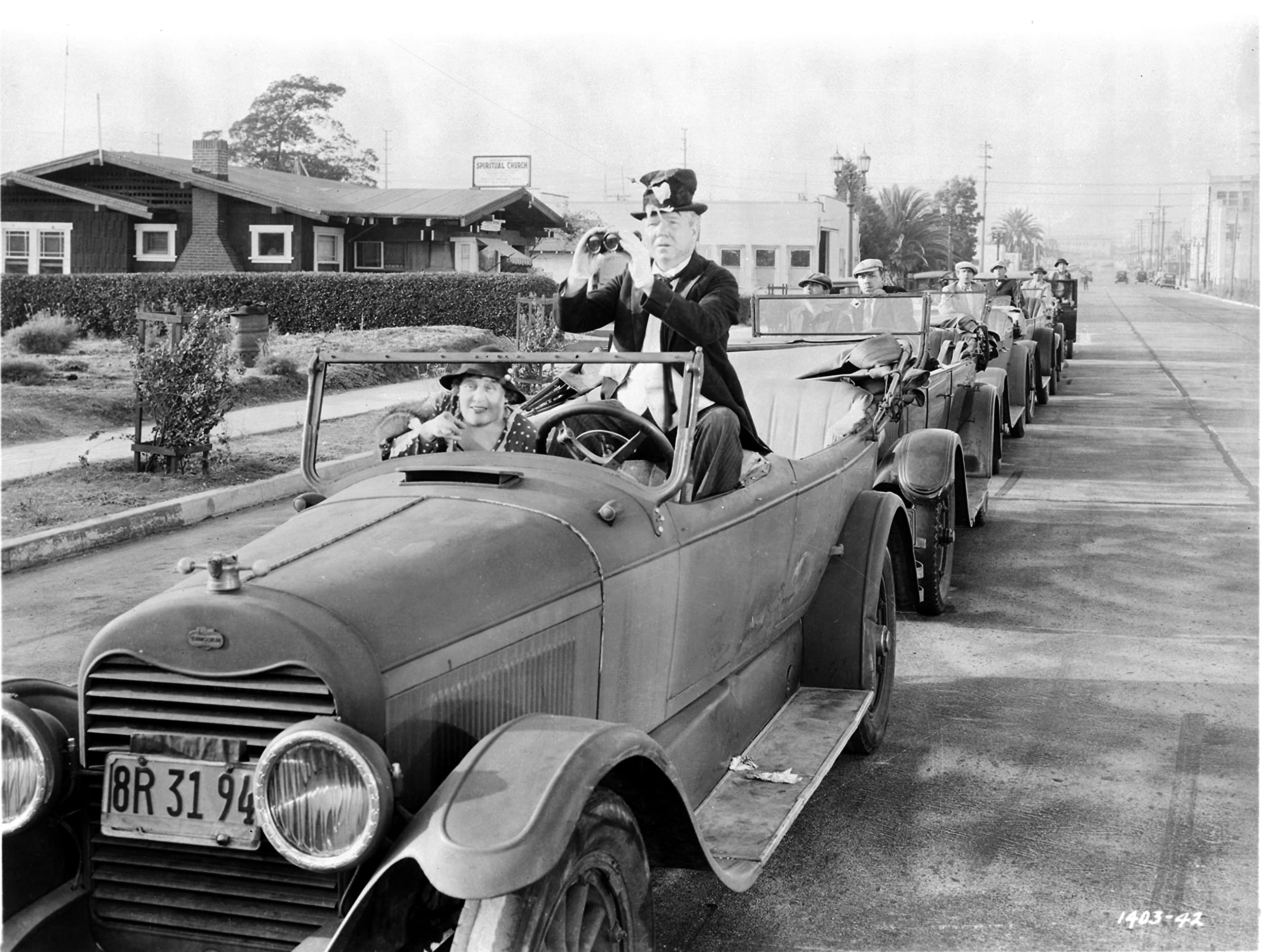
If I Had a Million
C**N
IF YOU HAD A MILLION
What would you do if one day a total stranger walked up to you and handed you a certified check for one million dollars? How would you react? What would you do with the money? That's the whole point of this movie, which is unique in that it consists of different stories, each one directed and written by someone else. The only character that we see throughout the film is John Glidden (Richard Bennett). He's the man with the money.Mr. Glidden is a man who has spent his whole life building up his businesses, a steel mill and a shipbuilding factory. And it's made him a multi-millionaire. But right now things aren't going so well. His doctors tell him he's a dying man, and the relatives are all gathered downstairs. They're all waiting for the big moment, so they can take his money (Glidden has changed his will three times already!). So he's driving his lawyers crazy, and he's not sparing the doctors either. Told that he's not to get out of bed, he tells one doctor that he's been out in the hall twice today already. After all, if you're doing to die anyway, why stay in bed?But there's one thing Glidden is sure of. No matter how he distributes his money to the relatives, "they'll all be miserable." They'll all believe they didn't get enough. So he comes up with a brilliant idea. For this idea, you need a phone book and a medicine dropper. "I'm going to give my money to total strangers, to people I never even heard of. The next name this drop of water falls on is going to get one million dollars!"Since I'm always partial to movies that make me laugh, let's start with the funny stuff. Henry Peabody (Charles Ruggles) is a salesman in a China shop. But he always seems to be breaking something, and the cost of whatever he breaks is taken out of his paycheck. He also loves rabbits (make a note of that). Every week he gives his paycheck to his wife (Mary Boland), and every week she complains about the money the company takes out. Going to bed, he has nightmares about all the China he's breaking. Then he meets John Glidden.The next day, it's 10 minutes past eleven in the morning and Henry still hasn't come to work. When he finally shows up, he's got a rabbit on a leash, and immediately starts breaking things. When the manager yells, "Call the police!" Henry replies , "Call them all!" Money will do that to you.Rollo LaRue (W.C. Fields) and his wife Emily (Alison Skipworth) are two ex-vaudevillians who operate a tea shop. Mr. Glidden pays them a visit. But what will they do with the money? Emily looks at her brand new car, just wrecked in an accident. Immediately they go to a used car lot and buy nine cars. They also hire some "strong, brave drivers." The hunt is on for "road hogs." These are drivers who take up the whole road and won't let you pass. When they find one, they wreck his car, even as their own cars get smashed. Why not? Emily can buy a new car every week for a year!Fields and Skipworth worked really well together in several pictures, so well that some Paramount executives thought they should form a comedy team, like Burns and Allen. Fields quickly put a stop to that idea. "I am a SOLO comedian!"You don't think of Charles Laughton when you discuss comedians, but in fact Laughton admired Lou Costello and wanted Lou to teach him how to do comedy routines. Laughton is working in this huge office with 25 or so other workers. A messenger leaves a letter on his desk. It's his check from John Glidden. He leaves his desk, walking up a flight of stairs, through a couple of offices until he arrives at the office of the president of the firm. He knocks on the door, is told to come in, and gives his ex-boss a beautiful raspberry!Of course, sometimes having a million dollars doesn't make any difference at all. Take the case of Eddie Jackson (George Raft), check forger. When he goes to the bank to try and cash his check, the teller recognizes his signature and refuses it. Soon, he's on the run from the police. He enters a flop house, but doesn't have the 10 cents to buy a bed. So he gives the owner the check. The owner say sure, you can stay here for the night. Then he burns the paper!The there's Gene Raymond, a prisoner on death row. He gets the check and thinks that this is his path to freedom. He even tells his wife, who is there for one last visit, that all he has to do now is see the warden and everything will be fine. But it's not fine. Instead of seeing the warden, our friend is seeing the room with the electric chair as the scene fades.Steve Gallagher (Gary Cooper), Private Mulligan (Jack Oakie), and Private O'Brian (Roscoe Karns) are three Marines who seem to be constantly in trouble. They spend half their lives in the Guard House, which is where John Glidden hands Gallagher a check for one million dollars. Of course, he thinks it's a joke, but he keeps the check anyway. Now free, our friends go down to the lunch wagon to get something to eat. It's run by a man and his pretty daughter. They all want to take her to the carnival, but they have no money ("No dough, no carnival" she tells them.) But they're also starving, so Gallagher signs over his check to the old man for a bite to eat. Some time later our three friends see the old man and his daughter emerge from a limo, wearing expensive clothes. "You don't suppose that check was good, do you?"Sometimes a million dollars can mean freedom, freedom from a job you hate. Glidden meets up with Wynne Gibson in a sleazy bar. She's clearly a prostitute, and we know immediately that she can't stand being there. Glidden gives her the check, and almost immediately a drunken sailor comes over and starts putting his hands on her. At first, she doesn't resist, but then she looks at the check. She gets up and leaves. Entering the finest hotel in the city, she rents the finest room. Taking off her clothes (this scene was censored in some cities) she climbs into bed. The money has bought her a good night's sleep. She'll deal with everything else tomorrow.Finally, there's the case of Mrs. Mary Walker (May Robson). She's living in a home for old ladies, where apparently the only thing these poor women are allowed to do is rock in their rocking chairs, all day, every day. She asks if she can have a cat, and the lady supervisor tells her that they are "disease carriers." She protests. "I've had cats all my life, and I'm still here!" She goes into the kitchen and wants to bake some cookies, causing an argument with the baker. "I've baked cookies all my life, why can't I do so now?"The poor ladies don't even get any letters from their children anymore, and they're all miserable.Then Mr. Glidden arrives. It's Mrs. Walker now who owns the home, and the first shot we see when she takes over are cats freely roaming everywhere. Mrs. Walker is baking delicious pies and cookies. She even hires an orchestra and some male escorts so the ladies can have dances.But how about the supervisor and all the other workers? Does she fire them? Oh, no. They continue to get paid, but the only thing they are allowed to do is rock. Rock back and forth in their rocking chairs, all day long.And what happened to Mr. Glidden? Well, he does NOT die. Right now he's on the phone with Mrs. Walker. And despite the protests of his doctor, he's going over there to join in the dancing and to have a piece of one of Mrs. Walker's delicious apple pies!
G**.
Great Anthology Hollywood Movie, Adequate Kino Lorber Blu-ray
I already had a copy of 1932's "If I Had A Million" from the French Blu-ray release of this movie by Elephant Films about 5 years ago. Kino Lorber used the same master from Universal Pictures for its Blu-ray, adding only the crappy new Universal spinning globe logo at the start, English subtitles and a commentary track by two film experts. The SDH subtitles are fine but the commentary lost me when the two experts started badmouthing the 'Violet Smith" segment. Wynne Gibson was the star of this story and she was super. Part of the reason may have been she was performing against Richard Bennett, who was her director and co-star in the 1928 Broadway play "Jarnegan." Gibson's segment was completely scrubbed from this movie after the strict 1934 production code went into force in July 1934. Her name vanished from the credits on post 1934 movie re-release posters and Gibson is uncredited, not listed as one of "The Stars" in the opening credits of the Elephant Films or Kino Lorber Blu-ray. The only remnant showing Wynne Gibson was once in this movie is a small color drawing of her sitting on a money bag in the upper corner of some post 1934 movie posters. This once "lost" episode shows a character, a streetwalker, going from the bottom of the world to the top, thanks to a lot of money courtesy of John Glidden. In the movie, now rich Violet Smith asks the hotel front desk clerk about the room she is checking into the clerk tells her: "We have none better." Women's liberation in the movies in 1932, the bottom year of the Great Depression. But not for long, just two years. 1932 was a tough year for Paramount, it was in receivership, founder Adolph Zukor was booted out by the Eastern bankers. To get customers into theaters, Paramount figured sex sells. So you have the "Violet Smith" episode and scenes in DeMille's 1932 movie "Sign Of The Cross" that were hot stuff back then, until the Breen office moved in.
B**R
Short stories that were good but not great.
I enjoyed watching it one time. Not twice.
K**R
I had to see this movie again
What W. C. Fields does in this movie was one of them most hilarious things I'd ever seen at the time. I had to check it out again.
V**N
Enjoyed it, but...
I wanted my wife to see a WC Field's movie and read the reviews for this one. Lots of good comments so I bought it. The movie itself was very good, but WC Field's had only a small part in this movie. Considering I did not care what WC Field's movie I purchased, I was disappointed. The vendor was excellent and the movie was enjoyable; just not what I had hoped for.
S**N
WC Fields gets back at road hogs and bad drivers
Liked it because there's no one else Iike WC Fields!
M**.
Definitely LOVE this one
I became a W. C. Fields fan in college decades ago and this is one of the first movies with him in it that I watched. We had film festivals and W. C. was a huge draw for his unique brand of humor. The movie is centered around a wealthy old man who supposedly is lying in bed dying while his relatives stand around arguing about who is going to get his money. Disgusted, the old man rises from his presumed death bed and calls his lawyers in to help him give it all (not quite) away to complete strangers, much to the chagrin of the greedy relatives. He picks up the phone book and randomly selects a name then tracks down the person and hands her or him a check for $1 million (or has it delivered). The W. C. Fields segment is the funniest in my opinion but this movie covers the range of emotions. A prostitute is one recipient and an elderly lady in a nursing home is another. Don't want to give anything away but if you love old movies and are kind of sentimental you will laugh hilariously at some and shed tears at others. Highly recommend this Work of Art. Love the ending, too!
N**
I love this movie
Every vignette is excellent. Love this movie
M**I
Sans probleme
Parfait
S**R
Service
Very happy with my purchases and with the time frame of shipments, as promisedThank you
R**N
Classic Rare Movie Video
This is a very good movie that I have been trying to find for about 30 years. I was very pleased to be able to get it from Amazon. The picture and sound quality on the Blue Ray disc are better than I expected for a movie made in 1932. I received it on time too.
A**R
You can't remove the subtitles
You can't remove the subtitles
Trustpilot
1 day ago
1 month ago